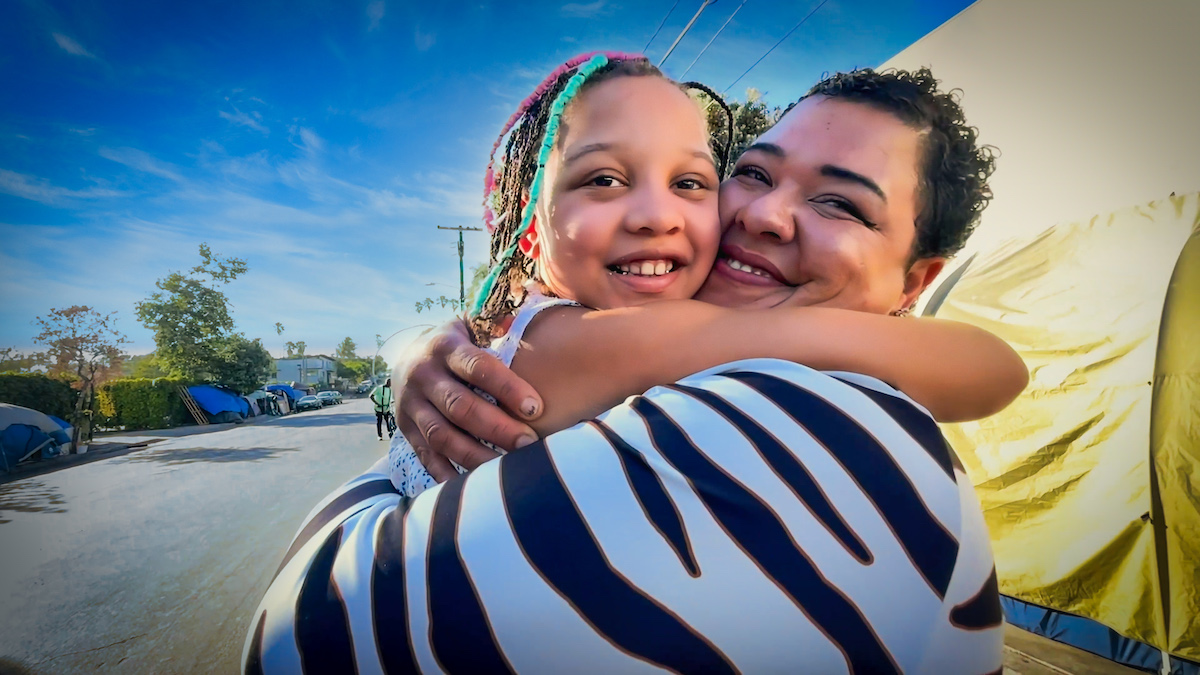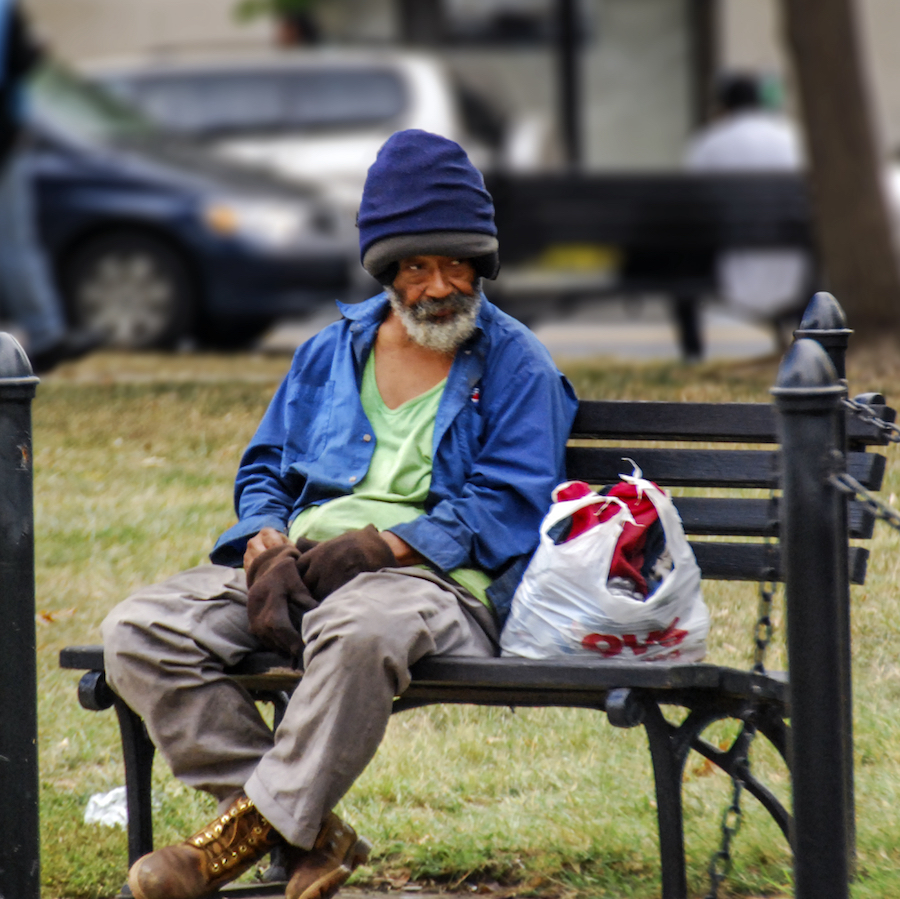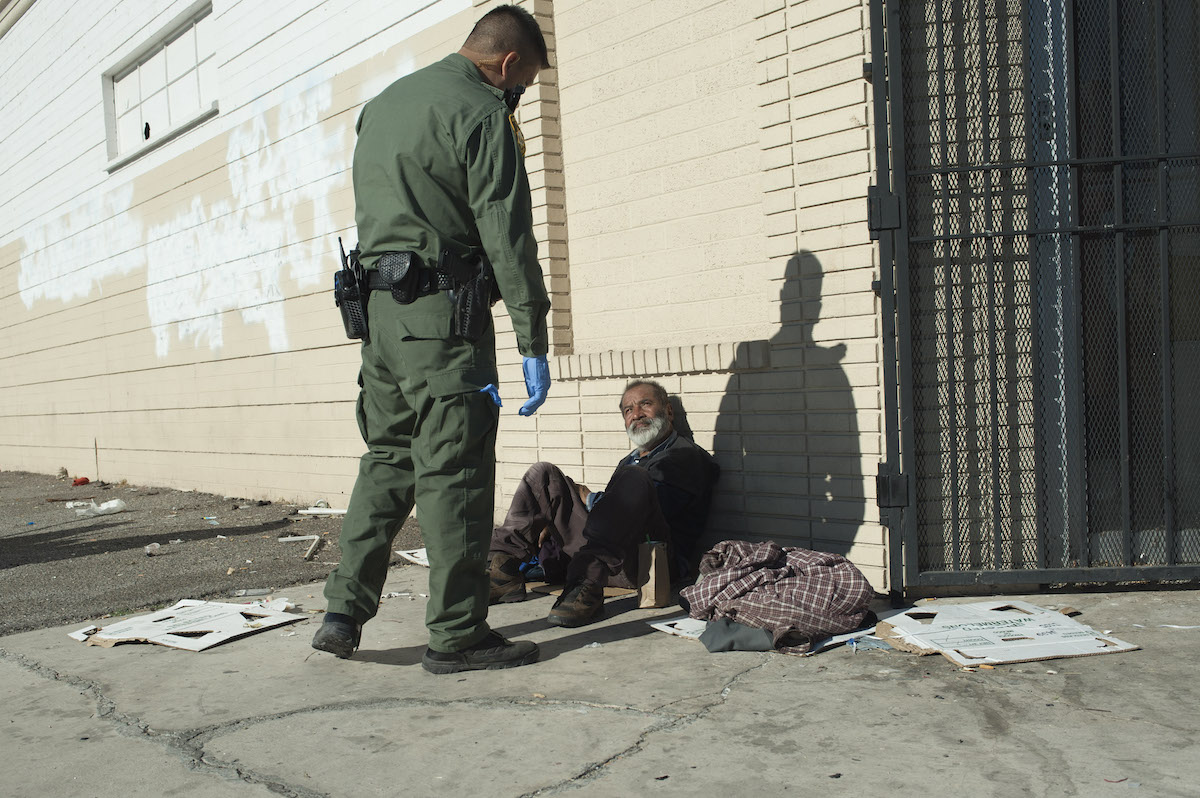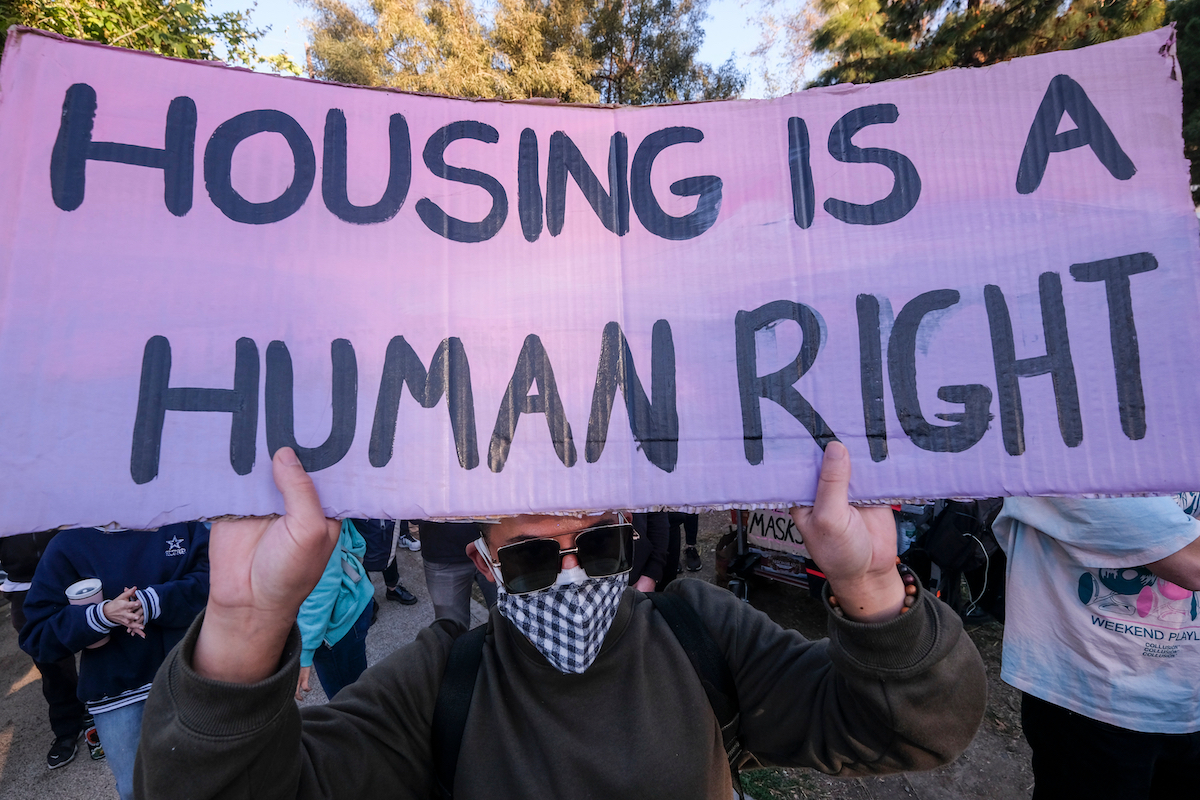|
7119 W. Sunset Blvd., #618, Los Angeles, CA 90046
|
|


Most minority groups, especially African Americans and Indigenous people, experience homelessness at higher rates than whites, largely due to long-standing historical and structural racism.
The most striking disparity can be found among African Americans, who represent 13 percent of the general population but account for 39 percent of people experiencing homelessness and more than 50 percent of homeless families with children. This imbalance has not improved over time.
National Alliance to End Homelessness, "Homelessness and Racial Disparities", 2020
 Race and racism are structural features of American life, shaping our experiences and worldviews. As discussed earlier, race plays a central role in the past and present of housing, homelessness, and poverty. As the Urban Institute writes:
Race and racism are structural features of American life, shaping our experiences and worldviews. As discussed earlier, race plays a central role in the past and present of housing, homelessness, and poverty. As the Urban Institute writes:
“Structural racism continues to disproportionately segregate communities of color from access to opportunity and upward mobility by making it more difficult for people of color to secure quality education, jobs, housing, healthcare, and equal treatment in the criminal justice system.”
These systemic issues also shape how we view the world. Who do we want (or not want) in our communities? Who are we empathetic toward, and who do we scorn? How generous should we be when our neighbors fall on hard times? While race is only one part of the answer to these questions, it’s a key factor in discussions of homelessness – an issue at the intersection of poverty, neighborhoods, and policing.
In the survey data, race made a big difference in how people view homelessness. Black respondents, who were more likely to have personal experiences with housing insecurity, expressed more supportive views toward homeless people and the expansion of homeless services. White respondents held more pro-carceral views. These differences reflect broader societal discussions, mirroring the push-and-pull of progress and backlash that has recurred throughout the history of movements for racial justice.
A note on ethnicity data:
Where possible, we have broken out results for Black, Hispanic/Latino, and Asian American/Pacific-Islander respondents. Due to low base size (n = 46), Native American/American Indian respondent data has not been broken out. When cutting by other metrics (homeownership, religiousness), we’ve reported white vs. non-white respondents in order to have statistically reliable samples for comparison.
 A key link between ethnicity and opinions about homelessness is personal experience. Black respondents in particular are much more likely to have experienced homelessness, eviction, or had a friend or family member experience homelessness. White and Asian Americans are much less likely to report personal experiences with homelessness or homeless people. This data is an important reminder of the structural role race plays in American life, as different communities come to housing and homelessness issues with different lived experiences and perspectives.
A key link between ethnicity and opinions about homelessness is personal experience. Black respondents in particular are much more likely to have experienced homelessness, eviction, or had a friend or family member experience homelessness. White and Asian Americans are much less likely to report personal experiences with homelessness or homeless people. This data is an important reminder of the structural role race plays in American life, as different communities come to housing and homelessness issues with different lived experiences and perspectives.
qA5: People have a number of different experiences related to homelessness. Which of the following statements describe your personal experience with homelessness?
The impacts of these experiences are reflected in broader views on homelessness. Black people are more supportive of government intervention, and hold less punitive views toward people currently experiencing homelessness.
There’s a similar pattern in support for housing and shelter in one’s own neighborhood. White and Asian respondents are supportive, but less so than Hispanic/Latino respondents, and much less so than Black respondents. Both support and opposition follow this same pattern.
By race/ethnicity
By race/ethnicity
qA17: If there was a plan to build housing for homeless people with on-site services in your neighborhood, would you support or oppose that plan?
qA18: If there was a plan to build a homeless shelter in your neighborhood, would you support or oppose that plan?
QA9A: For each pair of statements below, please select which one better describes your feelings about homelessness.
 On policing issues, white people diverge significantly from other groups. A majority of white people believe police are unbiased when it comes to race and have high levels of trust in law enforcement. For others, and especially among Black respondents, these results were reversed.
On policing issues, white people diverge significantly from other groups. A majority of white people believe police are unbiased when it comes to race and have high levels of trust in law enforcement. For others, and especially among Black respondents, these results were reversed.
Differences on homelessness-specific policing issues were smaller, but still followed the same pattern, with Black respondents most skeptical that police interventions would produce positive outcomes for homeless people.
By race/ethnicity
By race/ethnicity
qC1: How much do you agree or disagree with the following statements about policing?
qC2: For each pair of statements below, please select which one better describes your attitudes toward policing.
While there are significant differences between white and non-white people on homelessness in general, it seems that homeownership overwhelms some of these differences. Non-white respondents overall were more supportive of shelter, but when we look only at non-white homeowners, that difference largely disappears. While views still differ by ethnicity, especially around policing, homeownership can transcend those differences, for better or worse.
This emphasizes the importance of intersectionality, that people’s experiences and views are the sum of many disparate aspects of their lives. More practically, advocates need to take a nuanced approach to understanding their audiences, and to find messages that speak best to the values that people in those audiences share in common.

By race/ethnicity and home ownership
QA18: If there was a plan to build a homeless shelter in your neighborhood, would you support or oppose that plan?